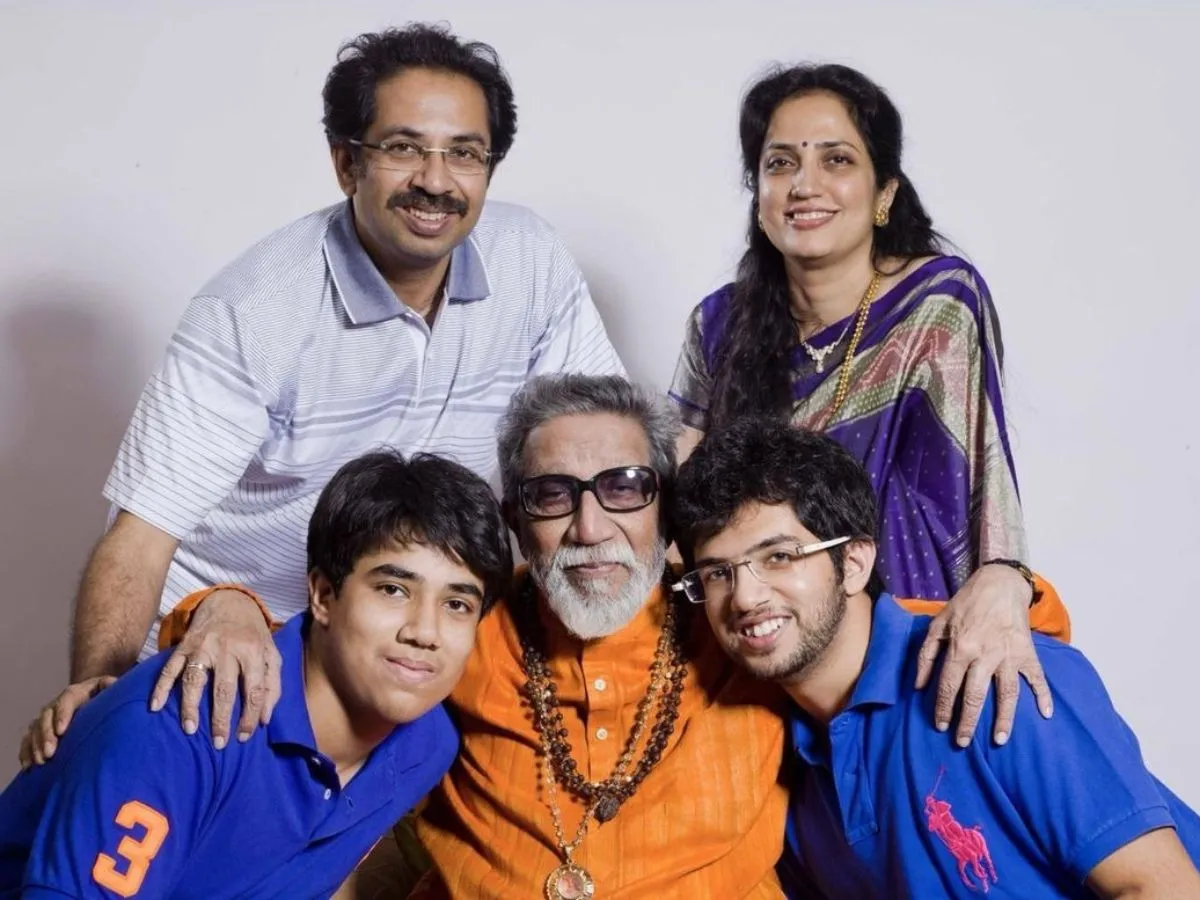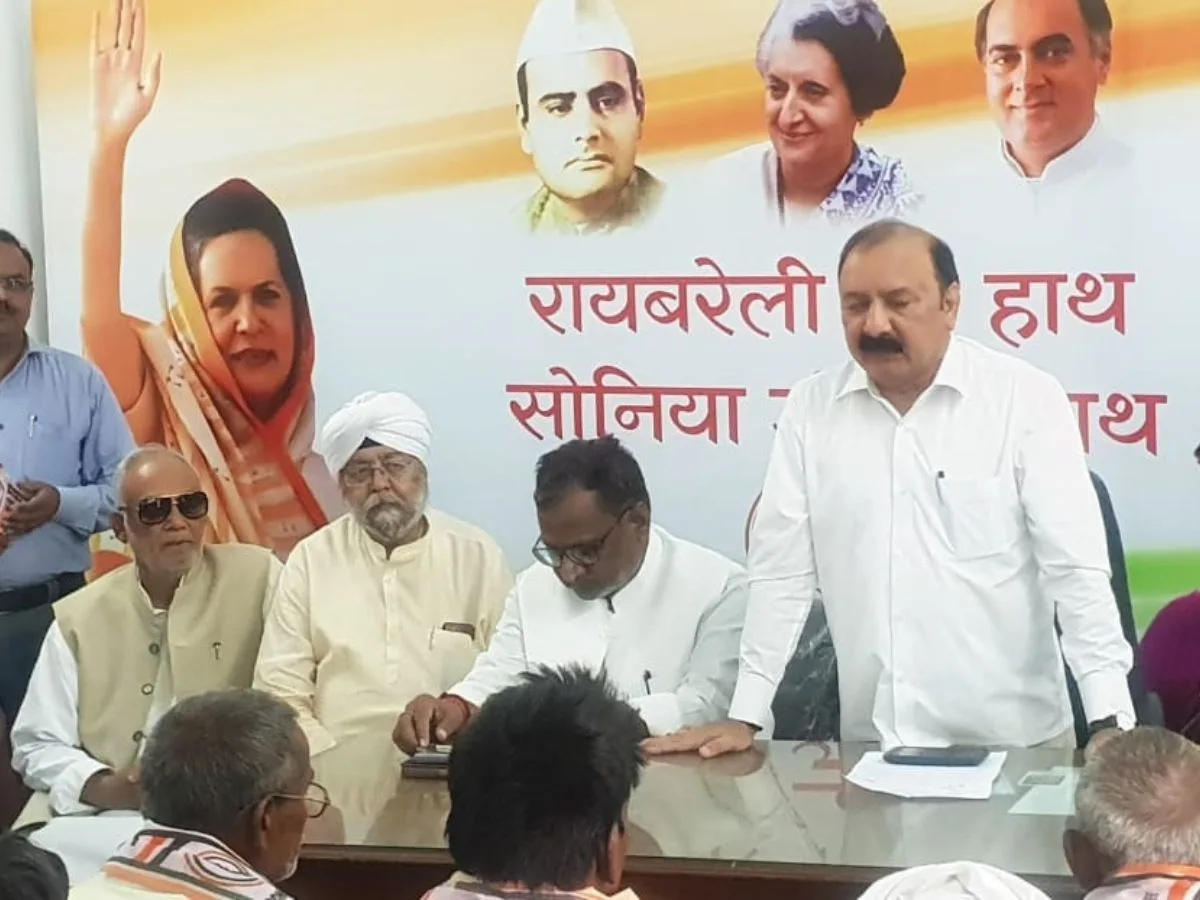Read in : தமிழ்
Gone are the days when vegetables and fruits needed to be got from the field. Today the concept of terrace gardening has hit practically every district in the state and there are hundreds of terrace gardens today not only in individual homes but in gated communities as well. But for any garden or field the basic material or medium required is vermicompost.
In cities any nursery has this in sealed packets and costs anything between Rs. 20 to Rs. 25. Government nurseries charge a little less. Be it pots or grow bags, or ground or field sourcing, getting this vermicompost is not an easy task. One should be able to know the right place where this is available.
Though the process of vermicomposting looks like a very simple process, working with tiny earthworms requires some knowledge and expertise. Earthworms, being very sensitive to moisture content in bedding materials and sunshine, need proper care in their maintenance.
Since direct sunlight dries the compost beds quickly, earthworms remain inside the compost bed. The vermicomposting is usually carried out under the shade/cover.
Dr P Alagesan, Senior Scientist & Head, MYRADA says, “some of the common technical problems usually faced by untrained or new vermicompost producers are drainage problems in pits/tanks, moisture, temperature rising inside the bed, bad smell emating from the beds, disturbance of beds, declining in worm population in bed and separation of earthworms during harvesting’, etc.
So KVKs across the country need to develop successful entrepreneurs and model farm for sustainable earthworms and vermicompost production.
V Ravi is one such innovative farmer promoted by MYRADA on sustainable earthworm production.
A staunch believer in organic farming Ravi says, “the application of various organic inputs is to improve its fertility status and not for the crops. Various schemes are focusing on vermicompost production rather than sustainable management of earthworm populations.”
A majority of the units fail due to poor monitoring and technical guidance from the promoting institutions.
Ravi has developed a simple method (plastic tray system) for mass multiplication of earthworms over a longer period of time. Instead of vermicompost production, he took initiatives on earthworm production/ multiplication for wider outreach among the farming communities.

Mr. Ravi in his vermicompost production unit
Earthworms favour partially decomposed food, hence balanced feeding and proper care will help in “no escaping” of earthworms, avoiding foul smell and quick composting etc.
“Development of microbial feeding culture for earthworm multiplication is crucial for sustaining earthworm production, but most of them are not focusing on these aspects. Feed for this culture consists of cow dung, papaya & oilcake and the composition of cultures needs one-week fermentation for further multiplication of microbes. The mass multiplied culture is sprinkled over the earthworm beds for inducing the worm’s activation and further multiplication,” explainsRavi.
Regular feeding is necessary for non-movement of earthworms from the mother beds. Also one needs to change the bed once in 4 – 5 months for effective production of worms and to avoid damage due to insects and rats. Multiplication of worms takes 60 days in this system.
By adopting these techniques a farmer can produce on an average 35-50 boxes (4000 – 5000 worms per box) a month and sell it at the rate of Rs 2,500.00 per box. More than 5,000 farmers have visited his farm till now for gaining practical knowledge on the subject.
This is no rocket science. Any farmer whether big or small can try this. It can fetch him some extra income and also satisfy his personal requirements for his field. And today when there is an enormous response to organic farming, selling the product will not be a problem since at least one farmer in every village is doing organic farming.
For details contact Dr. P. Alagesan at e-mail : myradakvk@gmail.com, Phone : 04285 241626, 241627 and Mr. Ravi at email: ravi@organiccomposting.com, mobile: 9443724779.
Read in : தமிழ்











